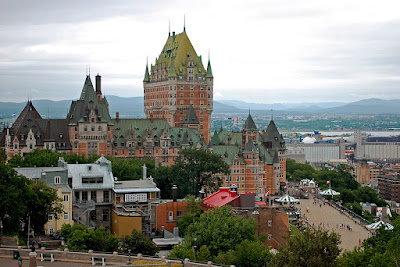Immigration Minister Michael Woodhouse has spoken with and listened to the concerns of, members of the Indian community on the recent changes in the immigration policy.
Speaking this morning to a full house audience in a public meeting organised by National List MP Kanwaljit Singh Bakshi in association with the Indian Association in Manukau East, the Minister spoke eloquently for ninety minutes on stretch addressing major concerns of the community.
National MP Dr Parmjeet Parmar was also present at the meeting.
While not everyone was happy with the Minister’s inability to comment on their individual visa situations, the Minister did demonstrate a genuine commitment to engage with the community and allay some of the major concerns and widely prevalent myths in the community around immigration.
There were many concerned voices in the community about the situation of international students who may miss the Kiwi-dream of getting residency in this country with the new rule being introduced.
The Minister acknowledged the concerns of community members and even sympathised with their situation but reiterated the fact that the “days of international students getting residency based on low-skilled jobs are over in New Zealand.”
The Minister also assured to look into a request raised by New Zealand Indian Central Association (NZICA), the parent body for all Indian community organisations in New Zealand – that the department of immigration should be able to accept the “sponsorship letter” issued by them to support the individual application of community members.
This has been a long time request from the NZICA from the Department of Immigration. The Minister’s offer to have a look into this is a “step forward” for the community.
Speaking exclusively to Indian Weekender immediately after the meeting, the Minister further clarified some common myths around the changes in the policy.
IWK: Do Indian international students need to live in any kind of fear about the impending changes in the immigration policy?
Michael Woodhouse: I don’t think so. International education has been really an important part of our growing economy over the last few years, and I think that’s going to continue. I do think that there is a deliberate strategy by the providers and the government to move from quantity to quality of the students. I think a higher education will help those students who might have aspirations for a pathway to the residence.
But it’s not going to be possible for all graduates coming from sub-degree programs at the moment to be able to get that pathway to the residence. I think we need, to be honest with them about that.
IWK: Community’s concern is that why these sub-degree courses and education providers are not regulated and instead students are being targeted.
MW: Well, I think that is a question to be asked to NZQA and the Minister of Tertiary Education. But I know that they [education providers] are being regulated. There are a number of education providers who are offering sub-degree programs that are of concern. Some of them are already closed, and the Immigration New Zealand work with the affected students to make sure that they are able to make the transition to other courses. That is a stressful process I acknowledge. But that is to ensure that the New Zealand reputation of a provider of very high quality of international education is maintained. And I think that’s what we are doing.
IWK: The main issue of the students is that many of them have already arrived in New Zealand based on their confidence in what we are calling as “sub-degree” courses to help them secure residency?
MW: Well if that is an expectation that they have then I believe that the
New Zealand government has not set it. With an overwhelming demand for residency in Skilled Migrant Category, it was necessary to lift the bar. So the number of points required and now the remuneration threshold that is being consulted on could be a barrier to some of them. I accept that it could affect those who are already here. But I do believe that it is important that they do get better advice before they come to NZ about the likelihood of pathway to the residence.
Even in current settings four out of five international students are not getting residency.
IWK: From what we have heard from you earlier today that there are jobs out of Auckland. Does that mean that students who are worried about new income threshold can move outside Auckland and possibly get jobs paying $49,000 and leading to residency?
MW: Certainly what I know is that for those people who are getting Skilled Migrant Category Residence, the average salary of applicants are higher out of Auckland than it is in Auckland. The other thing is that we incentivise the search for skilled jobs outside of Auckland by offering more points to those who are successful in securing jobs outside
Auckland.
IWK: Minister you earlier talked about the Parent visa category which is another area of concern for our communities. Should we expect any good news in the Parent visa category soon?
MW: Well unlikely in respect of numbers. Previously there were 5,500 resident category resident visas issued every year, which was reduced to 2000 and because we have a huge number already in the pipeline, we have to suspend it for a year temporarily.
When it reopens, then the expectations for the sponsorship by children will be higher, and I am also consulting if the temporary setting for the parents'
visa could be adjusted to make it more parents friendly. That work is underway, and we might have more to say later in the year. Source:
indianweekender

